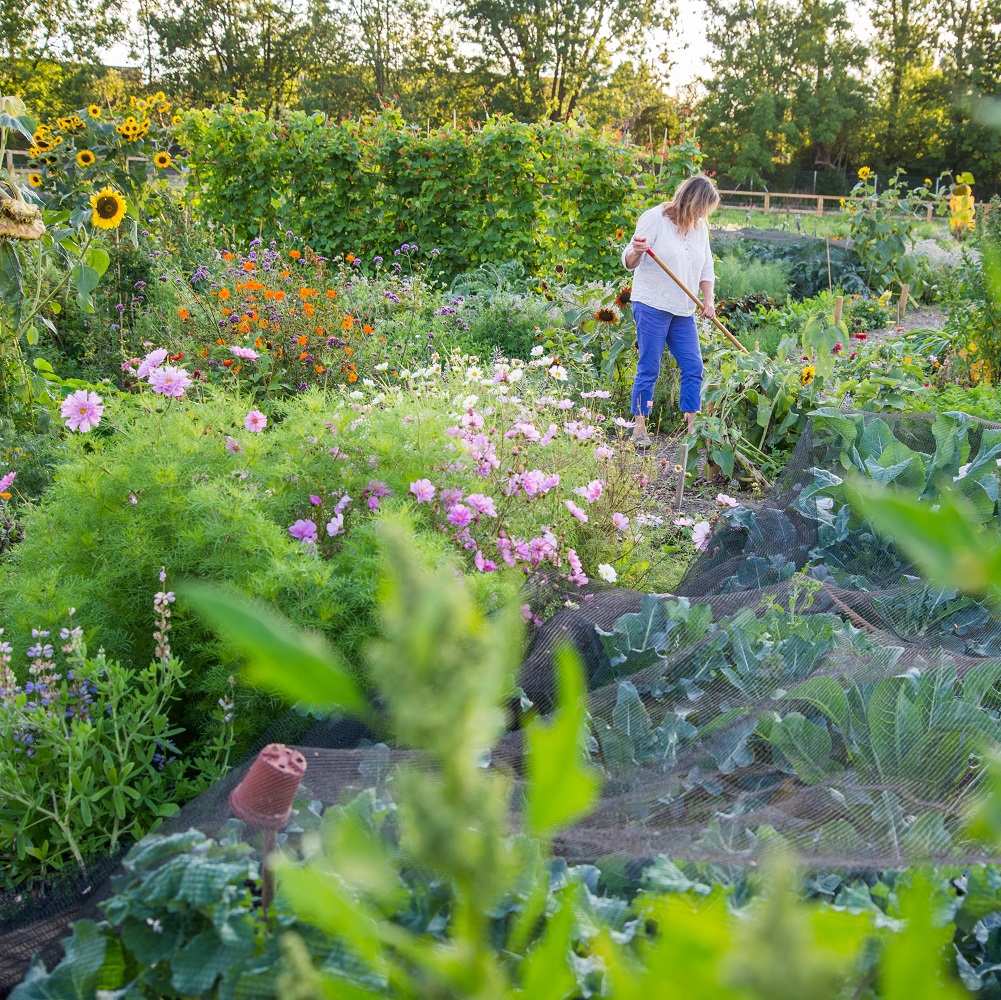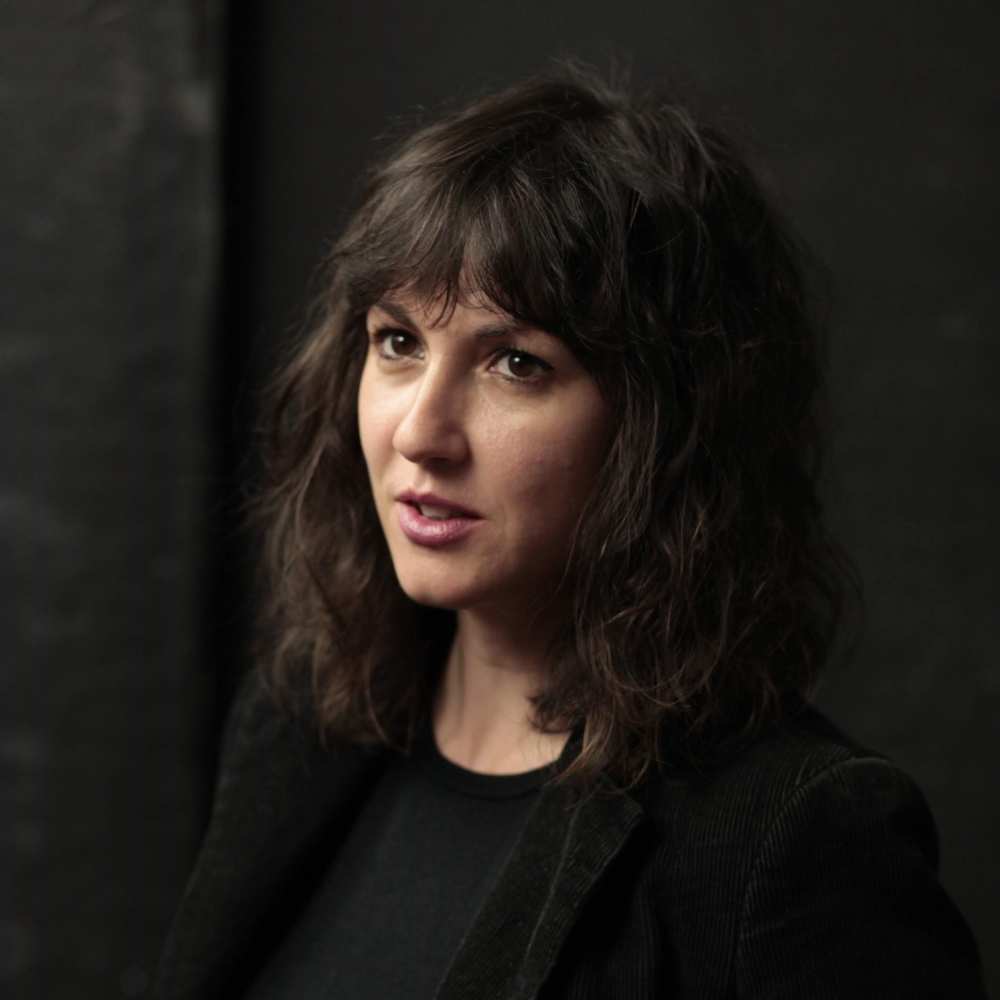Social Cohesion, Community Responses to Sustainability, Food Insecurity and Alternative Food Networks

The case of CoFarm
In the last decade, the UK has experienced a proliferation of food banks and there are growing concerns about a rise in food insecurity (Loopstra et al., 2019, Loopstra et al., 2015). Even when access to food is adequate, diet quality can be poor, particularly in urban settings, where stress levels and lack of green spaces have been linked to an epidemic of obesity (Dinour et al., 2007). In this context, alternative food networks (AFNs) can play a major role in producing sustainable food, free from chemicals that may inhibit biodiversity and associated ecosystem services, such as pollination, natural pest control, and soil mineralisation, while at the same time increasing human wellbeing in urban areas. This report focuses on the experiences of the volunteers and stakeholders in one such local community-based agroecology (‘co-farming’) project in Cambridge, CoFarm Cambridge. CoFarm Cambridge is a wholly owned subsidiary of the CoFarm Foundation which was established in 2019 to help “bring people together to grow and share delicious, nutritious food and help build stronger, healthier ecosystems and communities” (Foundation, 2019). Following a community consultation in 2019, the farm was developed on a site off Barnwell Road, on 7-acres of privately-owned agricultural land in the Green Belt, next to Coldhams Common. The farm which so far relies almost exclusively on volunteer labour (with two paid horticulturalists on site) has been highly productive and in 2020 donated its entire produce, more than 4,5 tonnes of organically harvested fruit and vegetables, to 8 community food hubs in Cambridgeshire.
As a result of their cofarming experience, volunteers reported greater involvement with community issues and heightened awareness of food justice issues. Thus, alongside other research on this topic (Cox et al., 2008), this study suggests that this form of engagement in an alternative food network can have important community benefits which can be further strengthened through communication and the active involvement of various community actors including volunteers themselves who can bring a lot of energy and knowledge to the project. Many reported that cofarming had been responsible for keeping them in good mental health during the lockdown which aligns with findings in the social prescribing literature (Chatterjee et al., 2018, Drinkwater et al., 2019, Husk et al., 2020). None of our interviewees questioned the decision for all produce to be donated during Covid19 emergency and in fact identified it as an important aspect of the cofarming activity.
Learn more about the project
Co-farming aims to deliver environmental stability and improved nutritional public health, whilst encouraging citizen engagement and tackling food insecurity. The CoFarm Foundation, a registered charity, was established on World Food Day in 2019 to develop ‘sustainable, community-based agroecological farming’ that can be scaled nationally (Foundation, 2019). The 7-acre pilot site of the Foundation is located in Abbey, the most deprived ward of Cambridge city, where life expectancy is 10 years lower than in more affluent wards, and where pre-pandemic levels of food insecurity were already high. Co-farming (see Figure 1) puts local volunteers at the core of the farming process, making them responsible for the co-design and co-creation of the farm and its produce; thus, aiming to optimise social, environmental and economic outcomes for the local community (Foundation, 2019). During the first two years of the Covid-19 pandemic, CoFarm Cambridge has worked with the local authority, the Cambridge Sustainable Food Partnership, and local community-based organisations (e.g., Abbey People) to co-create a new system of food distribution through community food hubs which ensures that the most vulnerable have access to fresh and nutritious produce. In 2020 and 2021, CoFarm donated its entire harvest (over 12 tonnes of organically produced fruit and vegetables valued at over £52,000) to 8 community food hubs in Cambridge city, and in is committed to donating 75% of the harvest in its third season, which will be roughly equivalent to the output in the second season (around 8 tonnes).
The positioning of CoFarm within the most deprived ward in Cambridge, Abbey, and next to the East Barnwell estate, and its active efforts with local NGOs to engage the community have the potential to change and diversify the membership base over time (this was noted by several of the volunteers in the interviews we carried out). Unlike CSAs in which the harvest gets distributed to local investors, the CoFarm Foundation has adopted an alternative approach during the time of the fieldwork, and in the first two harvest seasons has donated the entire produce to eight community food hubs in Cambridge. The community food hubs approach food insecurity in a different way to food banks. Research indicates that the use of food banks is associated with stigma (Purdam et al., 2016). In contrast, food hubs are set up to distribute healthy and green produce rather than long shelf-life food in the local community (albeit with the use of a traffic system that aims to recognize those most in need), and the food hub organizers argue that these have the potential to reach a wider net of beneficiaries (Food, 2021). CoFarm is part of the Cambridge Food Poverty Alliance and the CoFarm Foundation’s Founder and Trustees made the decision to donate the entire harvest to a network of community food hubs which were established in response to the pandemic by the Alliance. This can be seen as a quick and effective response to the pandemic although in the long term, the management of CoFarm has plans to incrementally increase the proportion of food which goes to the volunteer co-farmers directly to bridge the divide between what are perceived to be two different sets of primary beneficiaries – the volunteer co-farmers and the community food hub users (see section 4.8 for the interviews with CoFarm stakeholders.) Unlike food banks, no referral is needed. Furthermore, as co-farming seeks to involve all members of the community in all parts of the process, the stigma involved in using food distribution centres may diminish as members of the community get involved with all parts of the growing process. The interviews with CoFarm volunteers offer an important insight into how they see the distinction between food banks and food hubs.
About the report
This report presents findings from the first phase of work (March 2020-December 2021) focusing on a local community-based agroecology (‘co-farming’) project in Cambridge, CoFarm Cambridge. Over this period, 25 in-depth interviews were collected, 16 with volunteers in the project and 9 interviews with members of the stakeholder group and the Founder & CEO of CoFarm. Further 10 interviews with beneficiaries of the food hubs have been collected in the second phase of the project which started in January 2022. Feedback on the contents of this report is welcome. If you would like to get in touch with the team, please email the PI of the project, Dr. Neli Demireva: nvdem@essex.ac.uk
Acknowledgements
This work has been supported by ESRC Impact Acceleration Account University of Essex grant “The impact of a community farm on community social cohesion: the case of CoFarm” and seed funding from the Department of Sociology and Criminology, Essex University. Two research assistants supported the project, Adam Marshall and Nicolae Radulescu. We would like to thank the volunteers, stakeholders and food hub beneficiaries who took part in this research.
Methodology
The fieldwork followed the growing cycle and took place primarily throughout the autumn of 2020 (when 5 interviews with stakeholders were conducted) and in the summer and autumn of 2021 (interviews with 16 volunteers and 4 additional interviews with stakeholders and food hub coordinators). In January 2022, the fieldwork continued with interviews with food hub beneficiaries (10 have been collected so far) and are currently being analysed. This report focuses on the 25 interviews with CoFarm volunteers and stakeholders.
We examined a variety of possible individual and contextual factors that might be influencing the decision to volunteer with CoFarm. We consider that the multi-layered nature of individual decision making is best captured by qualitative methods. The interview questionnaires have been developed to allow the volunteers to give us an idea of the range of motivations they bring to cofarming, what they see as its main benefit or experienced challenges. We expected that apart from some of the main themes included in the design, other themes might emerge from the complex interplay in the life experiences of CoFarm volunteers, their individual agency, and the structural opportunities faced.
Participants in the study were recruited in several ways. In terms of the volunteers, we asked CoFarm to circulate a call for study participants in their newsletter. 5 participants approached us in this way. The principal investigator, Dr. Neli Demireva also visited CoFarm in July 2021 and 10 further participants were recruited primarily from the volunteers working on the farm during this visit. An email was sent about the study to the stakeholders in the project and 9 interviewees at different levels in their respective organizations were recruited. Much attention was devoted to the ethics of the research project. Ethical approval was granted before the start of fieldwork. All interviewees were informed about the project, its aims, methods for analysis and presentation of the results, and then asked to sign a consent form. They could withdraw from the interview at any point, and their personal details were kept private. When analysing the data, acronyms were used and specific biographic detail that could allow for identification was removed (such as the names of localities or particular institutions in which the volunteers had involvement).
Many volunteers and stakeholders expressed an initial interest in the study, however, scheduling the interviews was difficult as both interviewees and the research team adapted to the ongoing pandemic. Several interviewees postponed the interviews but came back to the interviewing team with new suggested dates. In two cases the interviews had to be interrupted because of changed commitments and re-arranged for another date. All 25 interviews in this report were carried by zoom. These were carried by the PI of the project, Neli Demireva and Adam Marshall, a research assistant on the project. Further 9 interviews with food hubs were collected by Nicolae Radulescu also a research assistant on the project. These were in depth interviews that ranged between 45 mins with the majority usually lasting between 60 to 90 mins. They were conducted at a time of convenience for the interviewee. Once started, no interviewee decided to withdraw from the conversation.
